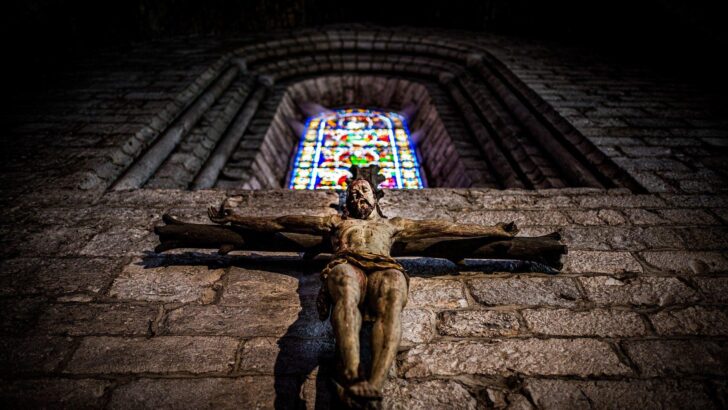The latest round of Irish diocesan submissions to the global Synodal Pathway renewed an urgent call for formation – adult formation, youth formation, seminary formation, formation across the board!
Without formation it will be practically impossible to embed synodality or co-responsibility in the Church in Ireland, because nobody knows what exactly they mean, dioceses told the Irish synod’s steering committee in reports seen by this paper. These will be synthesised into a national summary which will be sent to Rome ahead of the October listening sessions.
Dioceses are already pushing ahead with a variety of courses at local level and linking up with education institutes to form future lay leaders.
This is all very welcome – the absence or poor quality of faith formation in Ireland has a damaging impact on the Church, with past synodal conversations revealing that many want to share the Faith, but feel they are ill equipped to do so.
There is a lot of catching up to do, but it is encouraging to see an increasing focus on and interest in forming a laity with a firm grounding in the Faith.
However, formation cannot be everything or else the synod, co-responsible leadership and the works of the Church more broadly risk becoming elitist and unattainable for the average lay person.
If participating effectively in the synod requires undertaking a weekly course or if catechising means heading off to college, the Church will be forced to rely on those who are retired or who have flexible jobs.
Busy parents, young people starting out in careers, the hard-worker with a taxing schedule – all of them will be locked out of the synod and our co-responsible future.
Similarly, stressing academic qualifications and formation programmes will exclude many who struggle with studying, even if the spirit is very willing.
We need concrete systems to embed the life of the Church in the average person’s daily life – what one diocese describes as ‘seeable’ examples of synodality and co-responsibility in action.
Though they seem to have been forgotten by the synod so far, Ireland is blessed with a wealth of such examples.
The likes of St Vincent de Paul, the Legion of Mary, Knights of Columbanus, Net Ministries, Youth 2000 and more are all well-established examples of co-responsibility and synodality in action.
Think of the hundreds – if not thousands – of SVP or Legion volunteers who visit homes and work with deaf vulnerable, preaching and witnessing to Christ cruificied every week. Or of the young people in Net Ministries and Youth 2000 who go out into parishes and light them on fire with the love of Christ.
These volunteers come from all walks of life – bankers, retail workers, students, and so-called ‘unskilled labour’.
Together they discern the needs of their local communities, working closely with priests, and respond with practical solutions fitted to the needs of every person they meet.
Their models of ‘master and apprentice’ systems means they are open to all to learn, without needing any extra courses or qualifications. They treat their work as a craft or a trade, more than an intellectual exercise.
Dioceses want ‘seeable’ examples and they have them at their fingertips. If they want formation that is embedded in the practice of synodality, rather than treating it as an abstract exercise, they should encourage and nourish such lay organisations. Many already encourage them, without recognising that they are prime examples of synodality at work.
The push for better and more widespread formation is vital and welcome, but it must be open to more than those with the time and means to study.


 A crucifix against the stone walls of a chapel in Ireland is highlighted in this undated file photo. (OSV News photo/Warren Matthews)
A crucifix against the stone walls of a chapel in Ireland is highlighted in this undated file photo. (OSV News photo/Warren Matthews) 